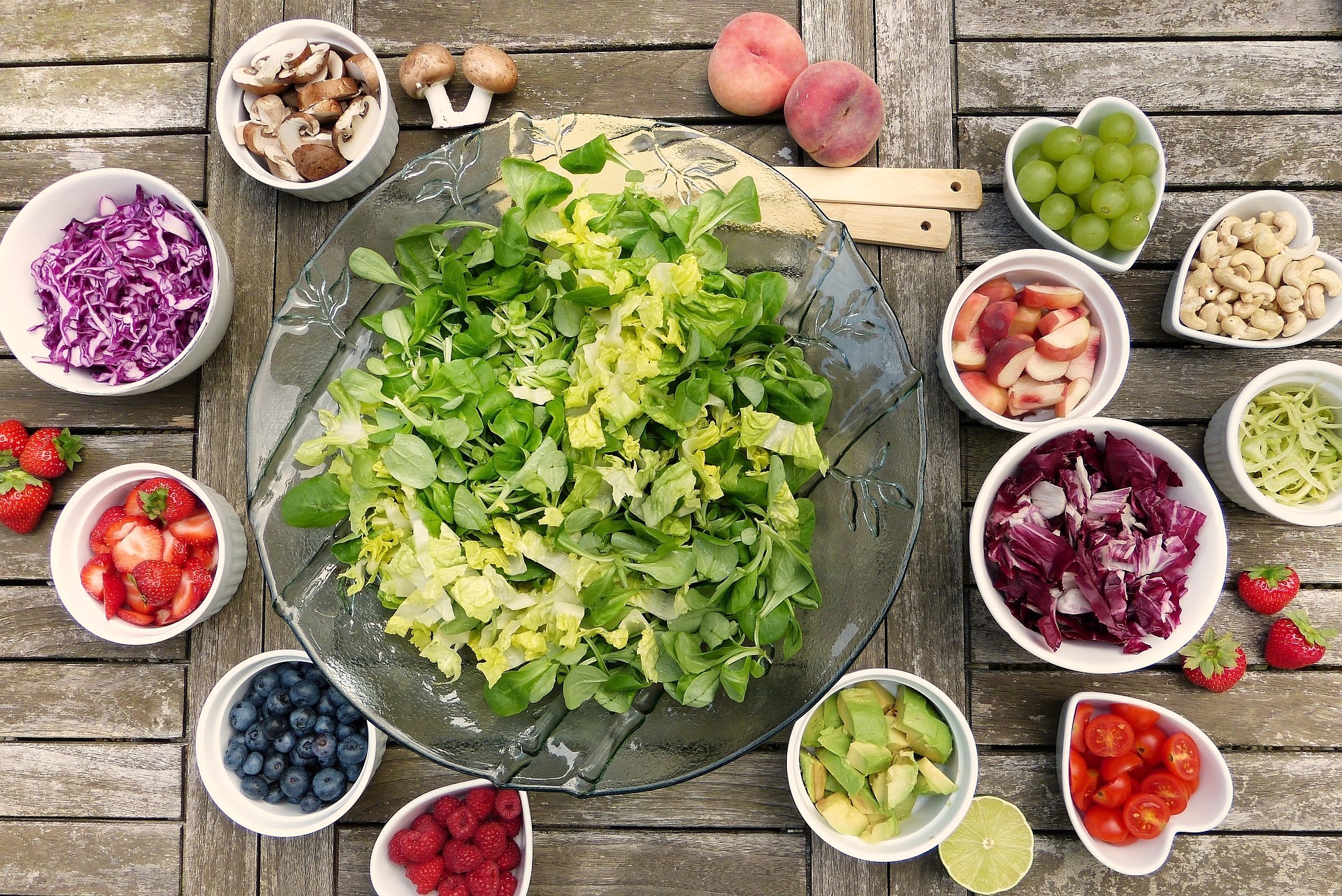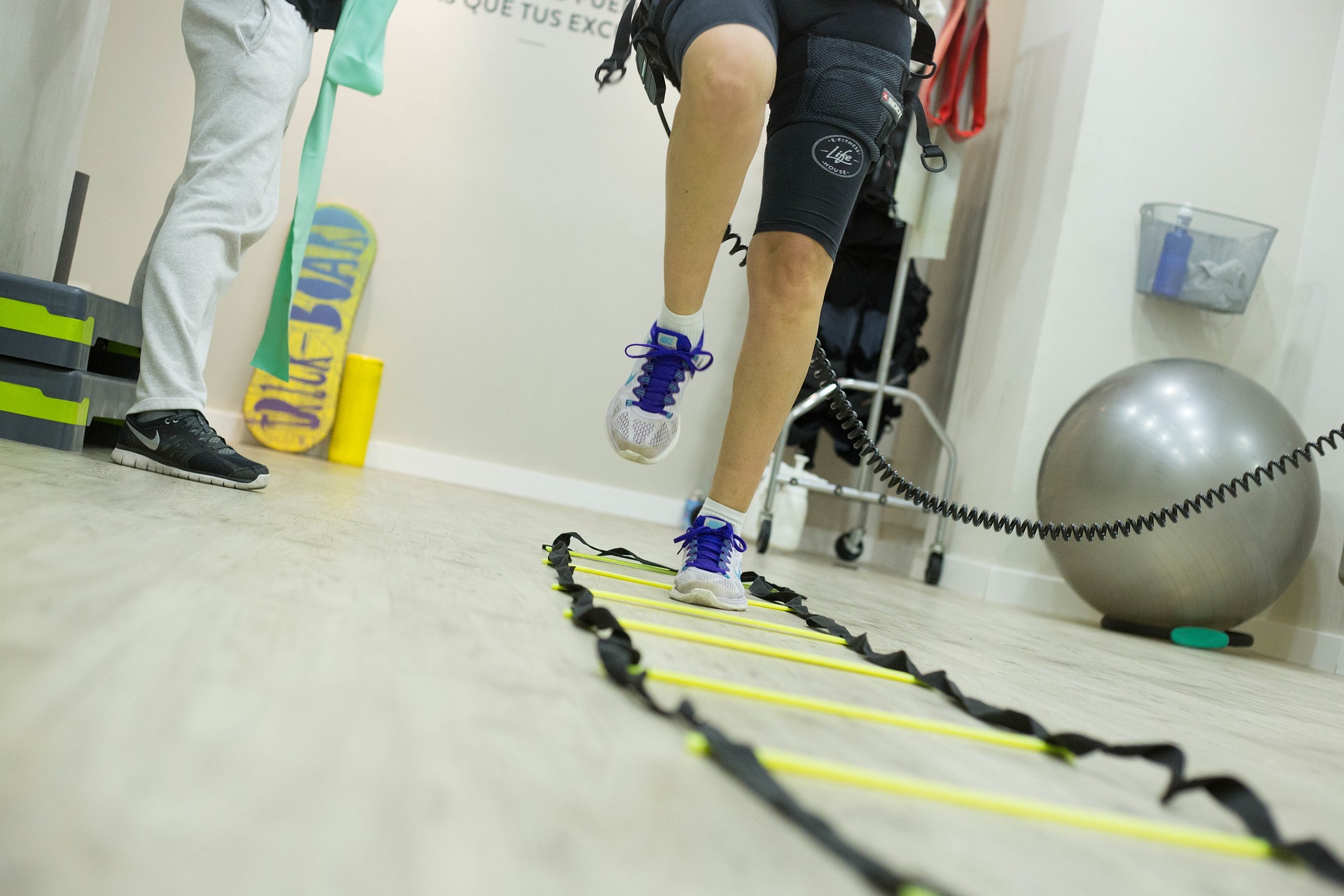How does a plant-based diet affect athletes?
What affect does a plant-based diet have on athletic performance?
In recent years, there has been a growing interest in plant-based diets. Many are turning to a plant-based diet for its health benefits, such as reducing the risk of heart disease, improving digestion, and boosting energy levels.
You may be asking; how will this affect me as an athlete?
In this blog post, we will explore the benefits of a plant-based diet for athletes and its role in injury prevention.

What is a plant-based diet?
A plant-based diet focuses on minimally processed plant foods, such as fruits, vegetables, whole grains, legumes, nuts, and seeds. This approach excludes animal products, such as meat, dairy, and eggs.
Let’s uncover how a plant-based diet can benefit athletes in injury prevention.
The advantages of a plant-based diet as an athlete
Anti-inflammatory properties.
Plant-based diets are rich in anti-inflammatory nutrients. These include antioxidants, phytochemicals, and fibre.
If you’ve ever picked up a knock at training, you’ll know that inflammation is a natural response to injury. Although, when it becomes chronic, it can lead to tissue damage and increase the risk of injury.
By consuming a diet rich in anti-inflammatory nutrients, athletes can reduce the risk of chronic inflammation and promote tissue healing.
Improved bone health.
Plant-based diets are typically high in calcium, magnesium, and vitamin K, which are essential for maintaining strong and healthy bones.
Athletes who participate in high-impact sports, such as running or jumping, are at a higher risk of bone injuries, such as stress fractures or breaks. So by consuming a diet rich in bone-building nutrients, athletes can reduce the risk of bone injuries and promote bone healing.
Better muscle recovery.
Plant-based diets are also rich in protein, which is essential for muscle recovery and growth.
Plant-based protein sources, such as legumes, nuts, and seeds, are also rich in other nutrients, such as fibre and antioxidants, which can help reduce muscle soreness and inflammation after exercise.
Increased nutrient intake.
Athletes have higher nutrient needs than sedentary individuals due to the increased physical demands on their bodies.
Plant-based diets are typically higher in vitamins, minerals, and antioxidants than animal-based diets.

What are the disadvantages of a plant-based diet?
While there are many potential benefits to a plant-based diet for athletes, there are also some potential disadvantages that should be considered.
Lower protein density.
Plant-based diets can be lower in protein density than animal-based diets, which can make it harder for athletes to meet their protein needs.
While there are plenty of plant-based protein sources available, athletes may need to consume more of these foods or consider supplementing with protein powders to ensure they are getting enough protein for optimal muscle recovery and growth.
Limited vitamin B12 intake.
What is vitamin B12? This vitamin is essential for nerve function and the production of red blood cells, and it is primarily found in animal-based foods.
While some plant-based foods, such as fortified cereals and nutritional yeast, contain vitamin B12, it can be difficult for athletes to meet their vitamin B12 needs solely through a plant-based diet.
Athletes who follow a plant-based diet may need to supplement with vitamin B12 or consume fortified foods to ensure they are meeting their needs.
Increased risk of nutrient deficiencies.
Plant-based diets can be lower in certain nutrients, such as iron, zinc, and calcium, which are important for athletes’ health and performance.
If you want to follow a plant-based diet need, you need to be mindful of their nutrient intake and ensure they are getting enough of these nutrients through food or supplements. Nutrient deficiencies can increase the risk of injury and impair athletic performance.
Increased preparation time and cost.
Plant-based diets may require more preparation time and be more expensive than animal-based diets.
Many plant-based protein sources such as nuts require soaking or cooking, which can be time-consuming.
Additionally, some plant-based foods, such as fresh fruits and vegetables, can be more expensive than processed or animal-based foods.
Athletes who follow a plant-based diet may need to plan their meals carefully and consider their budget when grocery shopping.
Injury Prevention in Sport: Online course

Accelerate Sport have recently launched an injury prevention course, the aim of this course is to develop an understanding of why injuries happen, and the tools you need to help prevent them.
Click HERE for more information about the course, and learn:
- The importance of checking the sports area for hazards before exercise
- How to properly warm up before exercise
- Techniques to reduce the risk of injuries in sport
- What to do after you’ve had an injury
Accelerate Sport is created by eCoach UK, leading providers of sports-focused blended learning.